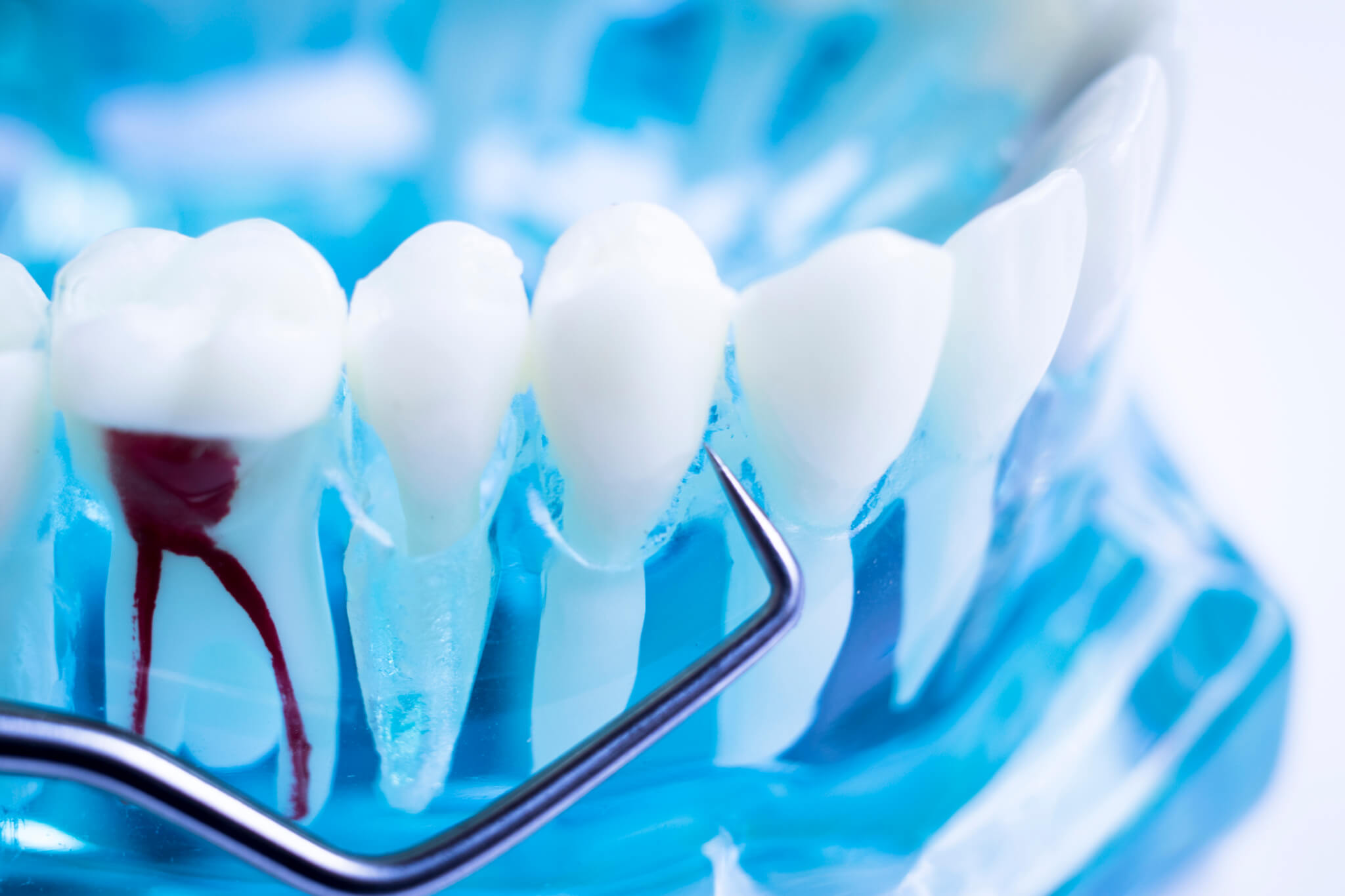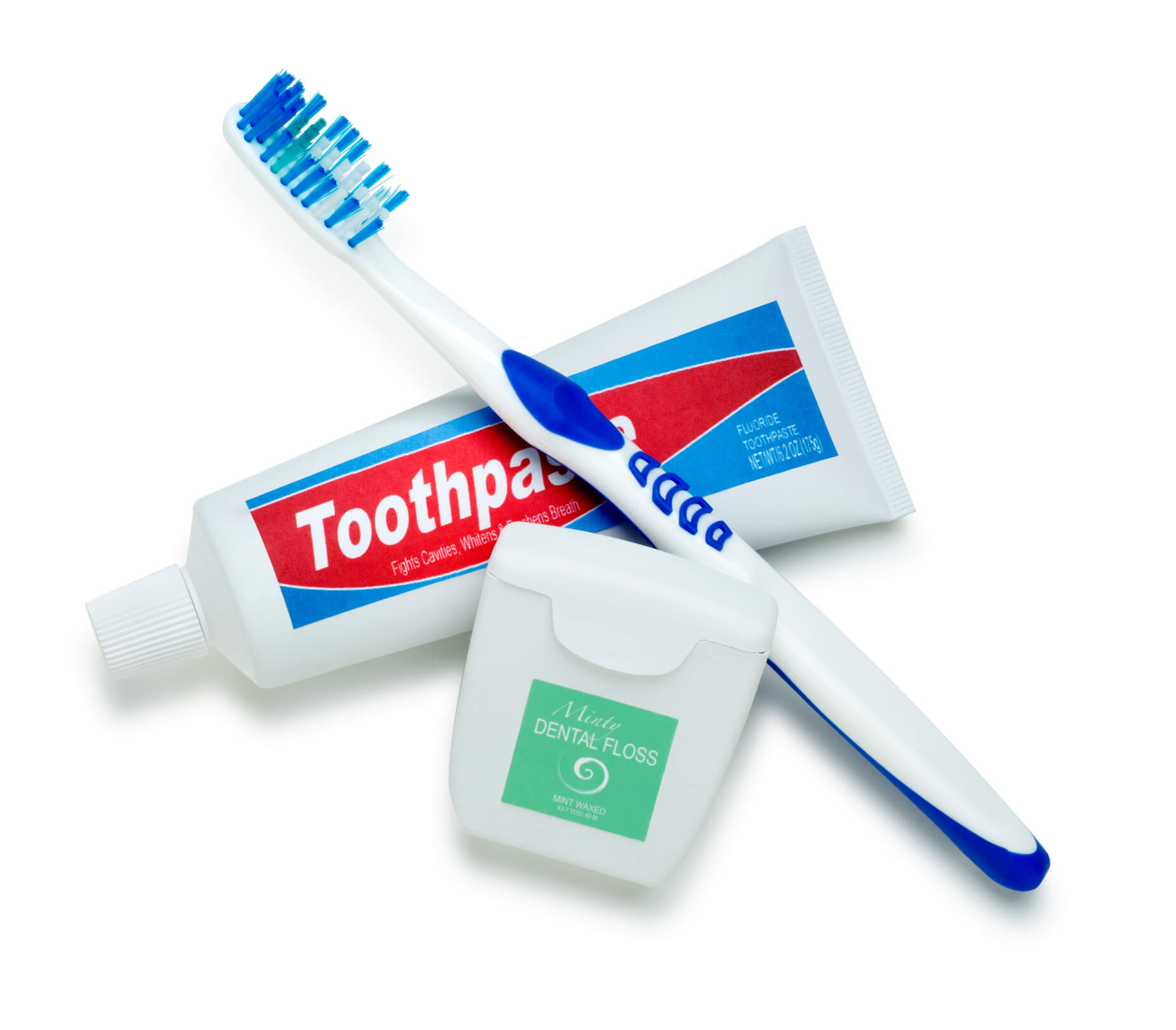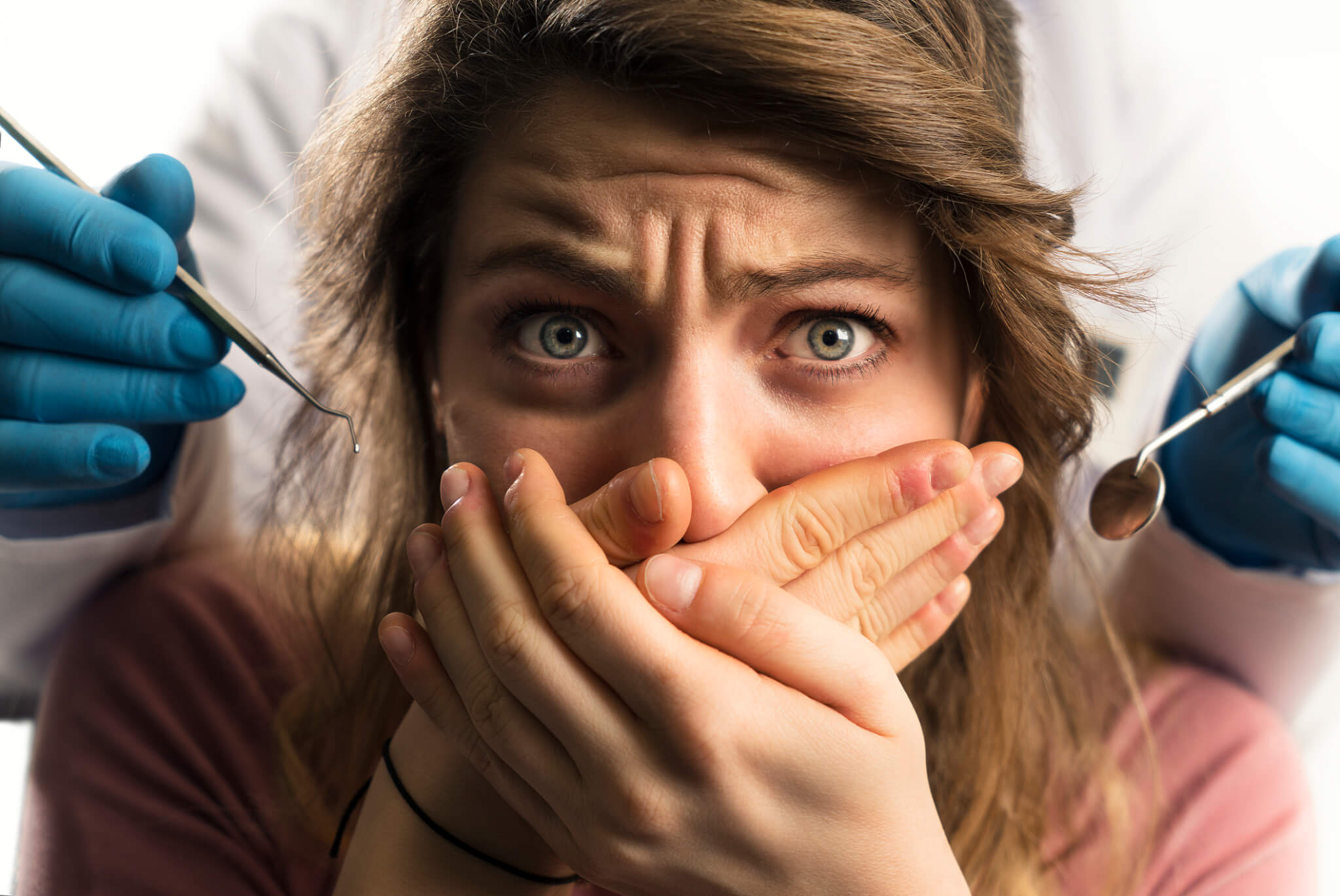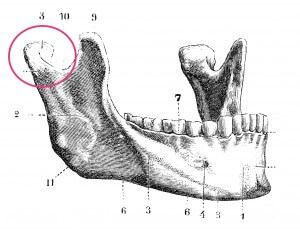
Did You Know?
Earlier this month there was actually an official celebration of Root Canal Awareness Week. Even though it’s not something most would “celebrate,” the procedure isn’t as bad as its reputation suggests.
What They Are
The pulp at the center of your teeth contains nerves, blood vessels, and other soft tissue. A damaged tooth or unfilled cavity often allows decay to spread unchecked. This can lead to infection and permanent damage to the root of the tooth. At this point the options are extraction of the infected tooth or a root canal.
Since we obviously want and need our own natural teeth whenever possible, root canals are usually the best treatment option. Under local anesthesia, the affected pulp is carefully removed and placed with a solid filler, usually a natural polymer prepared from latex made from the Percha tree. The affected tooth is then fitted with a crown that will last decades if cared for properly.
What to Expect
The entire procedure usually lasts less than 90 minutes, and is only slightly more uncomfortable than a regular filling. However, there can be another pain — the cost. It’s usually around $1,000, depending on the tooth and the degree of damage. Though many insurance plans cover the cost of root canals as medically necessary procedures, co-pay amounts can vary, and some don’t cover them at all. So your best bet is to avoid needing one. Which — it turns out — is pretty easy to do.
 Just BRUSH! Dental experts estimate that the average person spends around 48 seconds brushing their teeth — far less than the 2-3 minutes recommended by dentists. Since many root canals result from advanced cavities or decay, the other main tactic to avoid root canals is to see your dentist regularly. When we do visual exams and take x-rays, it allows us to spot problem areas before they become big issues.
Just BRUSH! Dental experts estimate that the average person spends around 48 seconds brushing their teeth — far less than the 2-3 minutes recommended by dentists. Since many root canals result from advanced cavities or decay, the other main tactic to avoid root canals is to see your dentist regularly. When we do visual exams and take x-rays, it allows us to spot problem areas before they become big issues.
Have you made your next six-month appointment? Besides checking your mouth, we’ll give you this special Root Canal Prevention kit – For FREE!


